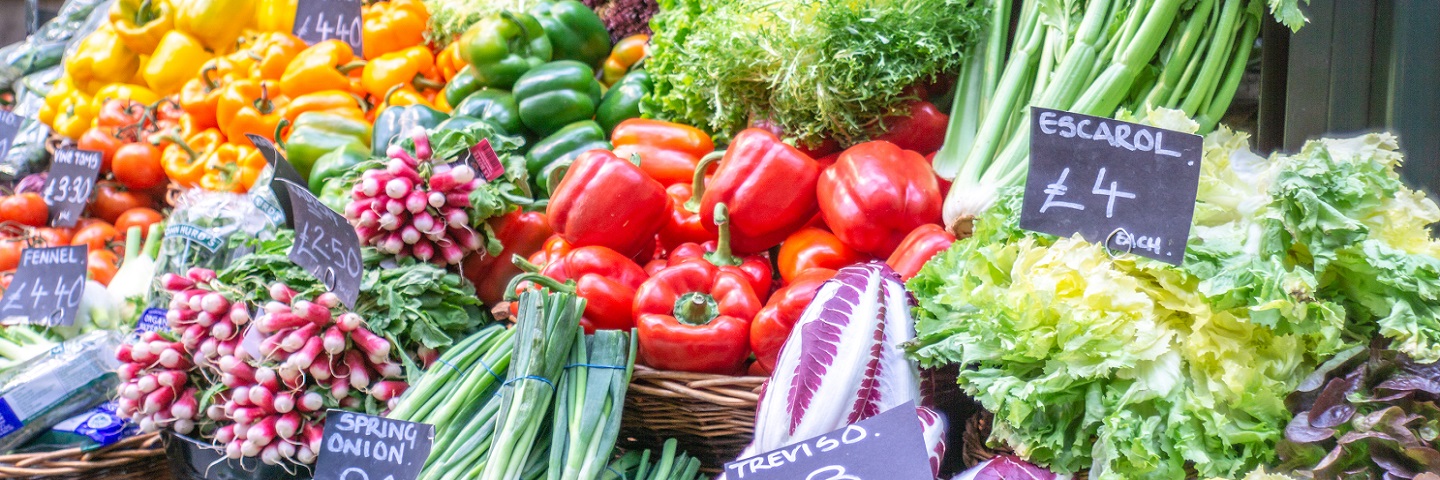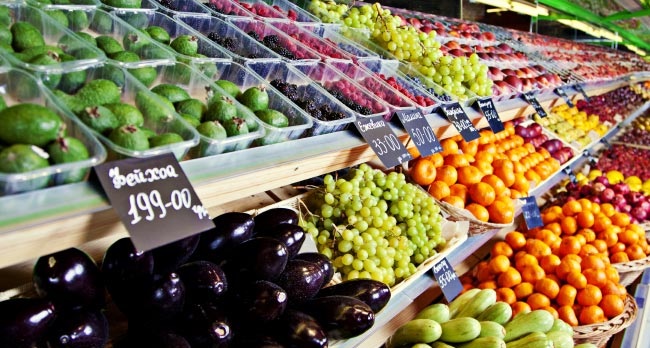National Food Strategy
The UK awaits the independent review from Henry Dimbleby which will direct the National Food Strategy. The Strategy will address food integrity (= safety and security) whilst reducing environmental impact. It aims to deliver confidence in a safe, nutritious, sustainable, ethical and resilient food supply chain for the UK and afford the best farmers and food producers international competitiveness in an environment where the UK stands alone from the European Union. Whatever changes the future and the Strategy bring, that the UK remains as a global food safety leader that provides high quality, safe British products needs to be protected under all circumstances.
National food safety sampling plans, both for domestic and imported produce, need to be smart, ensuring that valuable resources spent on protecting the UK are directed as efficiently and effectively as possible. Supply chain and risk management tools, such as HorizonScan can be used to inform these plans, ensuring they are intelligently targeted against the most relevant and current risks to consumer safety and trust. Furthermore, digital Early Warning System platforms can review global trade to detect anomalies, highlighting events (including fraud) which are likely to impact food safety. These types of systems will ensure that the UK is on top of such events and can respond quickly to threats to supply, safety and of criminal activity.
Linked to food safety is the need to ensure food authenticity; that the food itself is as described and not manipulated ultimately to the detriment of the consumer. Britain will replace the EU Protected Name Scheme with a domestic scheme to support its trade. The UK scheme could, simultaneously, provide an assurance of authenticity which has always been a weakness of those currently used whilst representing the quality of British foods and their ethical and sustainable production. Quality, safety and authenticity can be evidenced by compliance to standards that are applicable (and auditable) in the UK and in the exporting countries under this, or equivalent, schemes


Increasing population, changing dietary preferences and exhaustion (conservation) of planetary resources will drive the incorporation of alternative sources of food and feed from those to which we have been accustomed over the last century. Insects as a source of protein for both food and feed is becoming increasingly established worldwide along with other sources of alternative protein, e.g. macro- and micro-algae, fungal and other plant and cellular production. The UK Food Strategy needs to accelerate the development of such products into domestic production at scale in order to bolster national food security and ensure that the UK does not lose international competitive edge.
The food we eat, from whatever source, will need to be produced sustainably in a ‘whole system’ approach. Sustainable food production relies on complex interactions of factors from soil health, to water and air quality, pollinator health, pest/ pathogen control and climatic emissions. Defining our natural capital and ecosystem services will create a framework to manage the environment more sustainably.
Deeper understanding of the impact food production upon the natural environment will enable land management to be tailored more closely to the needs of the crop/ growing environment at field level or finer. For this, data is required to identify causal links between land management, environmental impact and food production for current practices to be best revised. It, thus, follows that the Food Strategy should facilitate generation of a data handling system to collate and interrogate vast quantities of data to this end.
So, we are at a time of great change, not only as the UK exits the EU, but as it seeks to lead globally in the bigger drivers in food production for planetary conservation and animal welfare. Striking the balance for setting the highest standards whilst retaining international competitiveness and affordable, healthy and nutritious diet for the UK consumer is the focus of intense national debate currently. Wherever it goes, there must be no compromise to the world leading food safety standards which Britain can rightly claim today.







